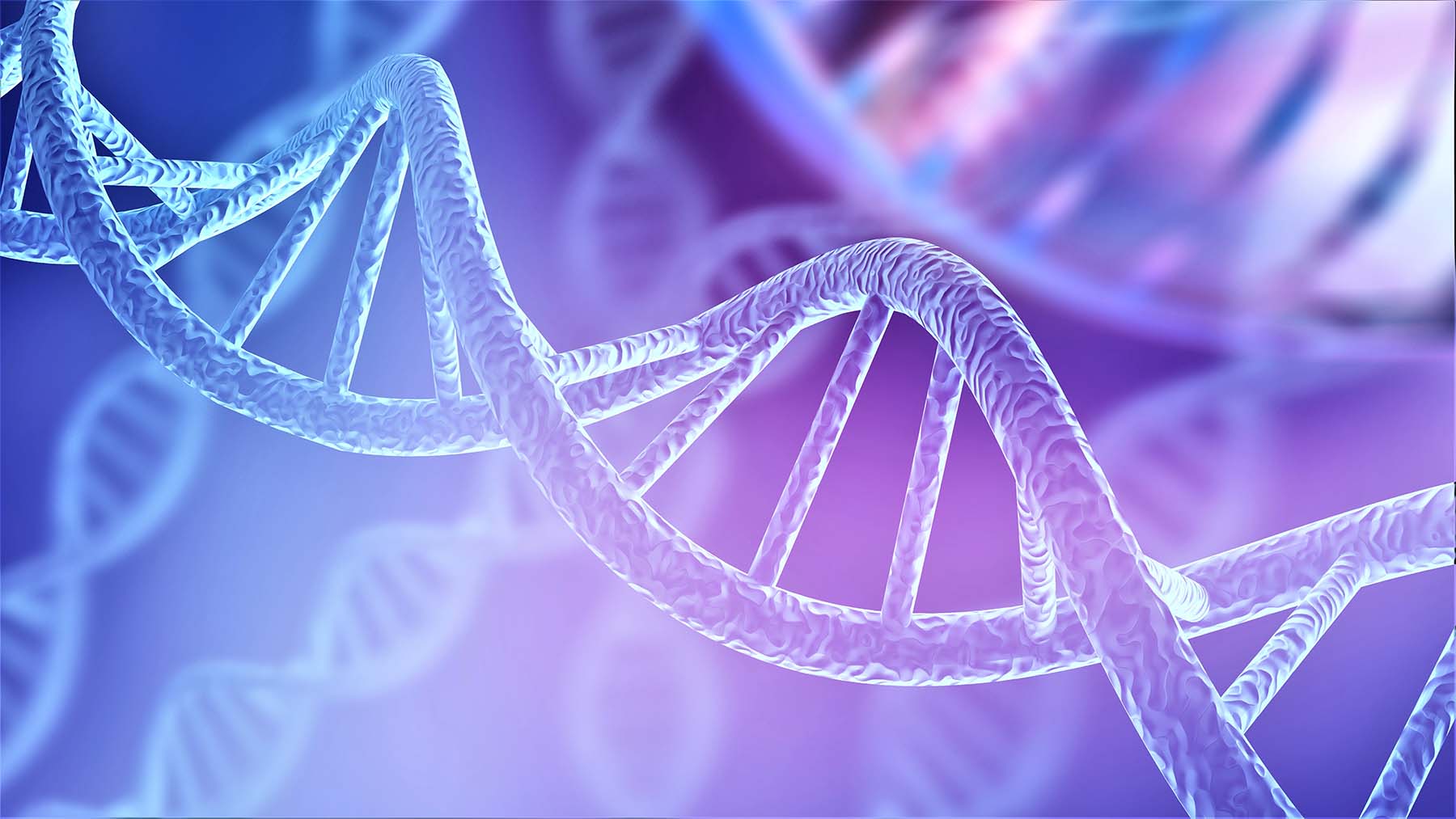In March 2021, Artios entered into an exciting research collaboration and license agreement with Novartis; a global healthcare company based in Switzerland (https://www.novartis.co.uk/ ) to identify DNA Damage Response (DDR) targets and the agents capable of modulating these targets, for use with Novartis’s proprietary radioligand therapies or as a monotherapy.
Radioligand therapies are modalities of cancer treatment that deliver radioactive atoms to tumor-associated targets. This therapeutic approach provides several advantages over existing therapeutic modalities. Unlike radiotherapy, the radiation is not provided from an external beam that is hard to focus precisely to the tumor tissue only, but instead it is delivered systemically like other chemotherapy or targeted cancer therapies. The radiation is delivered to cancer cells using a delivering system (usually a peptide) that either binds a cancer specific target or accumulates by other means in cancer cells. Once there, the radioactive atoms cause DNA damage specifically in the tumor, thus inducing cancer cell death. The use of a cancer targeted delivering system and the limited range of action of the radioactive alpha and beta emitter atoms provides clinicians with a potentially very high therapeutic index.
Recent technological advances have significantly boosted the development of radioligand therapies in the past few years, resulting in the clinical approval of the most advanced therapies for the treatment of neuroendocrine tumors and bone metastases and a plethora of treatments under evaluation in clinical trials. Novartis has developed some of the most advanced radioligand therapies, such as 177Lu-labelled DOTATATE, 177Lu-labelled PSMA-617, and 177Lu-labelled NeoBOMB1 and is further expanding this branch of therapeutic modalities. These therapies provide significant improvement of patient overall and progression-free survival, thus resulting in significant improvements in patient’s life quality Unfortunately, as many other cancer treatments, they are effective only in subsets of patients and, even in those, resistance frequently occurs.
The scope of the collaboration between Novartis and Artios is to improve the efficacy of radioligand therapies. Combining the broad expertise of Artios in DNA damage response and Novartis experience with radioligand therapies, we will apply cutting edge technologies to identify avenues that increase the cancer sensitivity to radioligand therapies. Artios will deploy their pipelines to study the DNA damage response upon treatment with radioligand therapies and using forward genetics screening approaches we will aim to identify DNA damage response targets that sensitize to the treatment. This will allow Artios and Novartis to develop new compounds that combined with radioligand therapy can increase their therapeutic efficacy by potentially extending the sensitive patient population and reducing the occurrence of resistance.

